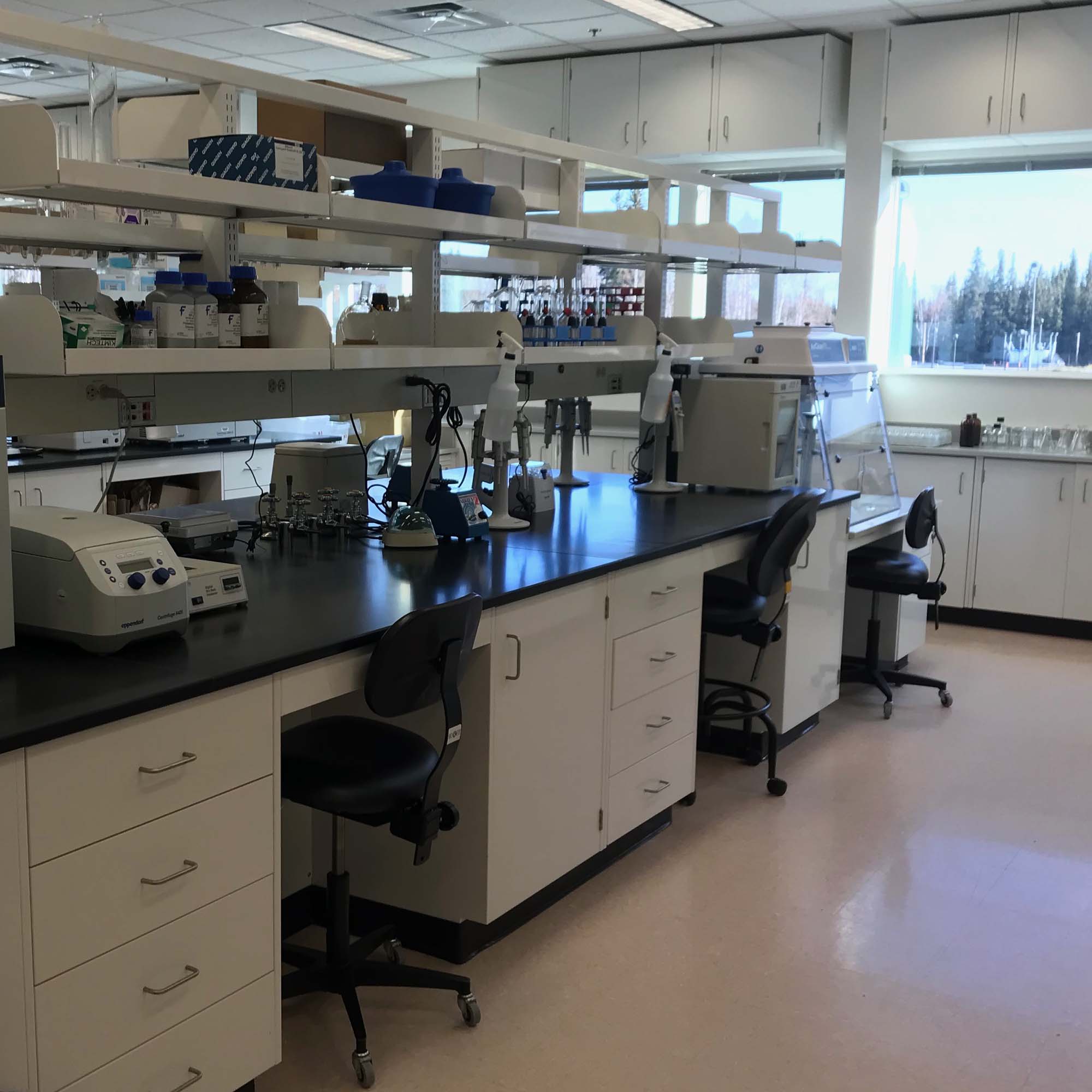Teaching Philosophy
As an educator, my role is to promote learning in an atmosphere that inspires creativity, interest, and critical thinking. I believe education should go beyond routine memorization and lecture-driven learning, and that students learn best when there is a captivating opportunity to share and discuss new information.
My teaching philosophy is built upon the following:
- Balancing fundamentals and critical thinking skills
- Student focused learning outcomes
- Modular and flexible lesson plans
- Learning through active engagement
Current Courses
Microbiology (Biol 342) Morphology and physiology of microorganisms. The role of these organisms in the environment and their relationship to humans. Concepts of immunology. Laboratory stresses aseptic techniques for handling microorganisms.
Student learning outcomes
- Develop a strong foundation in microbiology
- Gain skills in microbiological lab techniques
- Conduct original research by isolating, identifying and characterizing a bacterium
- Develop scientific literature research, writing and oral presentation skills
- Develop creativity and practice interdisciplinary integration across the arts, humanities, and sciences
Previous Courses
Evolution of Molecules and Cells
Years Taught: 2018
Upper-level undergraduate course that explores the major evolutionary transitions that have shaped life on Earth. Through lectures students are exposed to diverse advanced research areas including molecular biology, genetics, bioinformatics, metabolomics, systems biology, and genomics. And through laboratory exercises these topics are reinforced as students use both wet-lab (e.g., RNAi) and computational biology approaches to unravel how genotypes influence an organism’s phenotype.
Quantitative Biodiversity
Years Taught: 2016
Graduate-level course that focuses on theory, patterns, metrics, and tools used to study biodiversity. Students calculate diversity metrics, generate and quantify diversity relationships, visualize multivariate data, and conduct phylogenetic tests. Students use modern statistical computing and graphics environments (i.e., R), as well as version control tools (i.e., GitHub). See previous course website for more information.
- repo: https://github.com/quantitativebiodiversity
- website: http://documentup.com/QuantitativeBiodiversity/QuantitativeBiodiversity
Microbial Metagenomics
Years Taught: 2011, 2012
Graduate-level course that focused the teaching students general skills in microbial metagenomics. Lessons included: hypothesis generation, sample collection and processing, sequencing methods, sequence data analysis, general statistics, hypothesis testing approaches.
Environmental Microbiology
Years Taught: 2013
Undergraduate-leve course designed to introduce students with the fundamental skills needed in environmental microbiology including how experiments are: designed, performed, analyzed, and communicated.
Introductory Microbiology Lab
Years Taught: 2012
Undergraduate-level course that focused on teaching the fundamental skills needed for microbiology
Introductory Biology Lab
Years Taught: 2011, 2013,
Undergraduate-level course that focused on cellular and molecular biology fundamentals.

